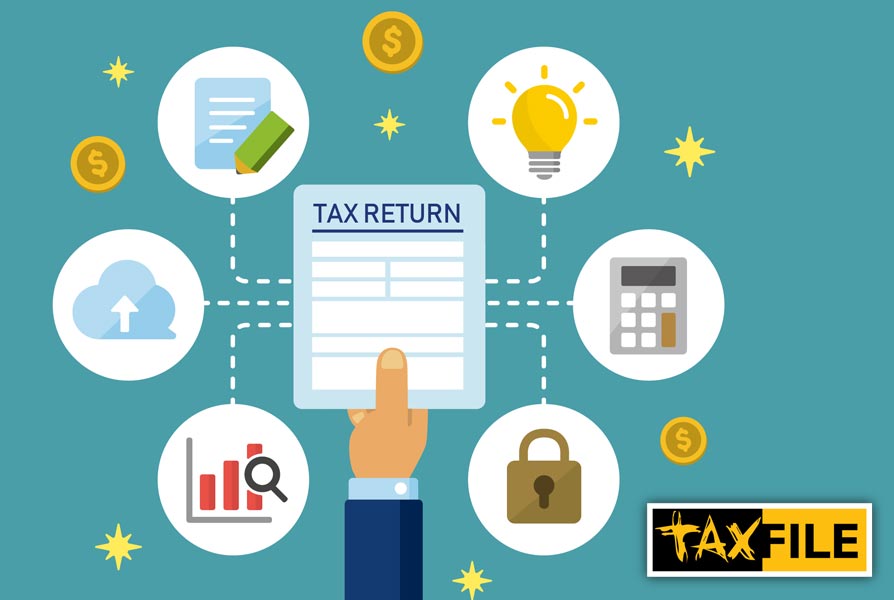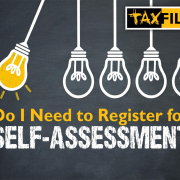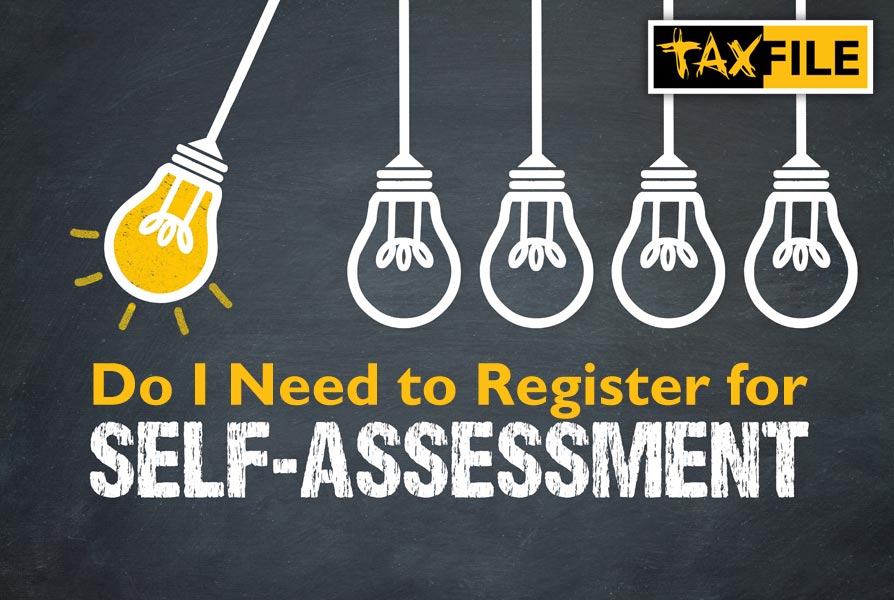
As of 6 April 2024, the cash basis is now the default method for most self-employed people to prepare their tax accounts. At Taxfile, we’re in favour of this change — not because it solves everything, but because it’s a move toward greater simplicity and transparency.
What Is the Cash Basis?
The cash basis allows you to report income and expenses when money is actually received or paid, rather than when invoices are issued. For many self-employed people, that feels more natural — and more manageable.
What We’re Hoping For
We hope that, over time, this move toward regular reporting of transactions will lead to better alignment between profits and payment of the appropriate tax. In other words, giving people more clarity and fewer surprises when it comes to their obligations. Done well, this shift could help reduce the last-minute stress and confusion that often comes during tax season.
What We’re Watching For
However, we’re mindful that the success of this system depends on how well HMRC administers it. There are still unknowns and, in the short term, challenges may remain — especially regarding Payments on Account.
What About Payments on Account?
Even with the cash basis now in place, Payments on Account (PoA) still apply. These are advance payments made in January and July, based on the previous year’s tax bill.
If your income fluctuates or increases unexpectedly, this system can be jarring and, in some cases, cause real financial strain. We hope that, as HMRC collects more accurate data through digital reporting, these payments will become more aligned with real-time income. However, for now, they remain a sticking point for many.
Supporting You Through the Change
We understand that not everyone has the time — or head space — to keep up with changes like these. That’s why at Taxfile we are committed to supporting self-employed people throughout their journey.
We’re currently reviewing our pricing structure to make sure that those who need our help the most can access reliable, professional support without cost worries becoming a barrier.
Need Guidance? We’re Here to Help
Whether you’re newly self-employed, trying to get your head around cash basis rules, or just want to ensure you’re doing things right — we’re here for you.
Get in touch today to find out how we can help you navigate the new tax landscape with confidence and clarity.
Special Note: Subcontractors and Landlords
If you are a subcontractor or a landlord the tax reporting will differ slightly.
- Subcontractors (CIS) are paid net of tax — contractors make deductions before payment.
- Landlords using letting or managing agents often receive their rental income after management fees and commissions have been deducted.
Both situations require a slightly different tax treatment. Taxfile are experts in these areas, however, so can help ensure your return is filed correctly.
Get in touch with Taxfile today
Let’s make your tax filing simpler, smarter, and stress-free.
Taxfile is an accountant and tax consultant in Tulse Hill, South London.




















